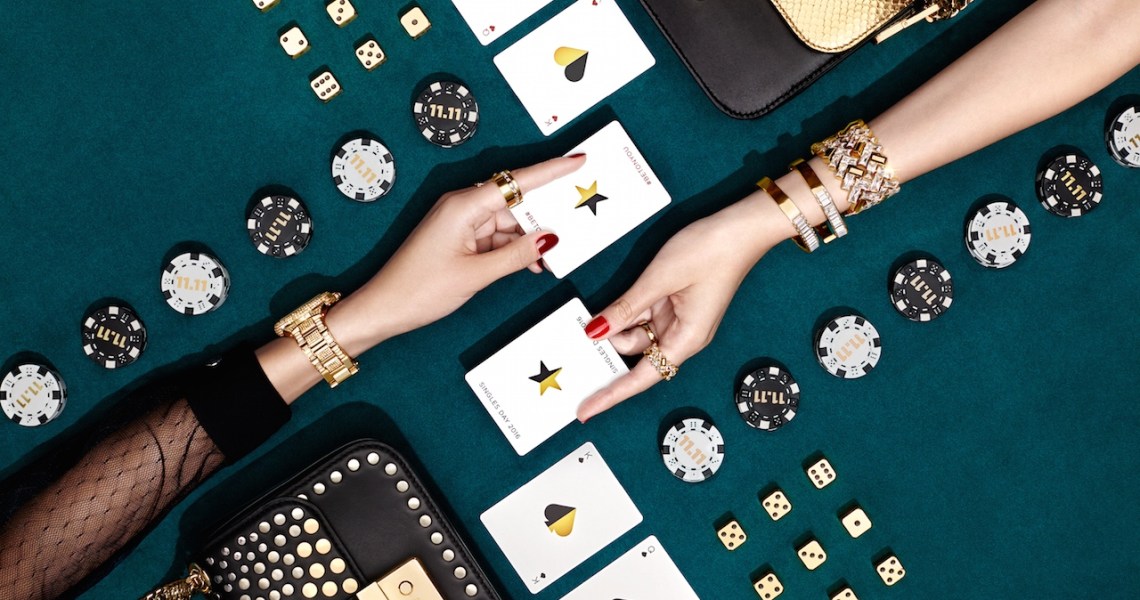After months of stoking antipathy toward China and Chinese companies, President Trump signed an order on Friday stating that he would ban any “transactions” between U.S. entities and Chinese companies ByteDance (owner of TikTok) and Tencent (owner of WeChat). The vagueness of the order threw much of the business world into confusion.
The word “transactions” is causing the most stress, as its meaning is vague and broad and could be applied to a number of interactions. Tencent is worth more than $500 billion and owns stakes in dozens of companies, including JD.com, Epic Games (the creators of Fortnite) and Universal Music Group. The extent to which any of those properties will be blocked has not been fully clarified. People were concerned that they wouldn’t be able to play League of Legends, a popular video game owned by Tencent, but the Los Angeles Times was able to confirm that the game wouldn’t be affected and that the focus of the order is on WeChat.
Tencent also just acquired a 5% stake in Afterpay in May, which has seen significant adoption by fashion brands since March, but the extent to which the company will be affected is also unknown.
WeChat “transactions” could take many forms, since the app itself is multipurpose. Brands like Ralph Lauren and Michael Kors have sold through WeChat for years, and they also use WeChat to advertise (like Dior, which geotargets WeChat ads to Chinese consumers in the U.S.) and relay information to Chinese consumers. WeChat Pay is accepted at many U.S. stores. Every Fendi store in the country accepts WeChat Pay, as do Rebecca Minkoff, Macy’s, American Eagle and Lacoste, among others.
But for WeChat users in China, the effect will be minimal, since WeChat requires brands to register their company in China and run their WeChat accounts on the China side.
The biggest impact on brands is how they can sell to Chinese consumers outside of China. WeChat has more than 19 million users in the U.S. including Chinese tourists, students and expats, according to its own data.
“Expats and tourists are the ones who will be most affected,” said Iris Chan, partner and international client development director at Digital Luxury Group. “Those people who live here but maintain a Chinese WeChat account for communication purposes and use it every day will be affected. And tourists, although there isn’t any tourism happening right now, would be affected since they use WeChat to pay for things over here.”
Chinese consumers made up more than a third of total global luxury spending last year, but only 9% of luxury sales happened in Mainland China, according to a study from Bain in February. That means the majority of Chinese luxury shopping, pre-pandemic, happened overseas as tourists or while living outside of China. The Chinese tourist is the single largest demographic in luxury consumption in the world, and their patronage of luxury physical retail is an important part of American luxury’s retail strategy as those consumers seek out brands and products that are not as easily available in China.
The majority of Chinese customers (61%), even when living overseas, tend to use WeChat Pay or Alibaba’s Alipay for payments and keep their WeChat accounts registered in China. (WeChat said more than a billion transactions are performed over the app every day.) With a lack of Chinese tourists in the U.S. due to America’s continued struggle with the virus, a ban of WeChat would mean that Chinese customers living in the U.S. wouldn’t be able to use WeChat for transactions, putting a damper on luxury brands’ interest in investing in the U.S. Alipay a major competitor to WeChat Pay, would likely become the go-to payments app for expats and tourists. WeChat Pay currently has more than double the number of users globally than Alipay.
“During times like these, it would benefit brands to consider other platforms that offer the same or similar capabilities to reach consumers using WeChat,” said Yanyan Froud, regional vp of APAC at ForwardPMX. “From a payments perspective, for example, Alipay is a very viable alternative. For WeChat Moments, Weibo is an alternate. It’s also worth noting that the media and marketing landscape for U.S. brands looking to reach consumers in China is much more complex and comprehensive than just the super apps that have historically been the biggest focus.”
Instead, a ban would likely accelerate trends that were already in progress. Luxury brands would likely allocate even more investment to establishing operations in China, to avoid any future obstacles to doing business there. Earnings reports from luxury players like LVMH, Kering, Prada, Burberry and others all showed double-digit drops in sales elsewhere in the world, with China as the sole bright spot.
There’s also the question of what China will do in response to the executive order.
“Many Western businesses are already set up as China entities, so that should not interrupt their core businesses in China, but this is going to make it much harder for brands to target the Chinese diaspora and for new brands looking to quickly test or connect with Chinese consumers as a growth opportunity,” said Danielle Bailey, managing vice president for the APAC region for Gartner L2. “More interesting will be China’s response. As we’ve seen in recent earnings releases, the China market for many Western brands has been the sole bright spot. If they somehow cut off access to Chinese consumers for U.S. brands, this will have tremendous implications.”




